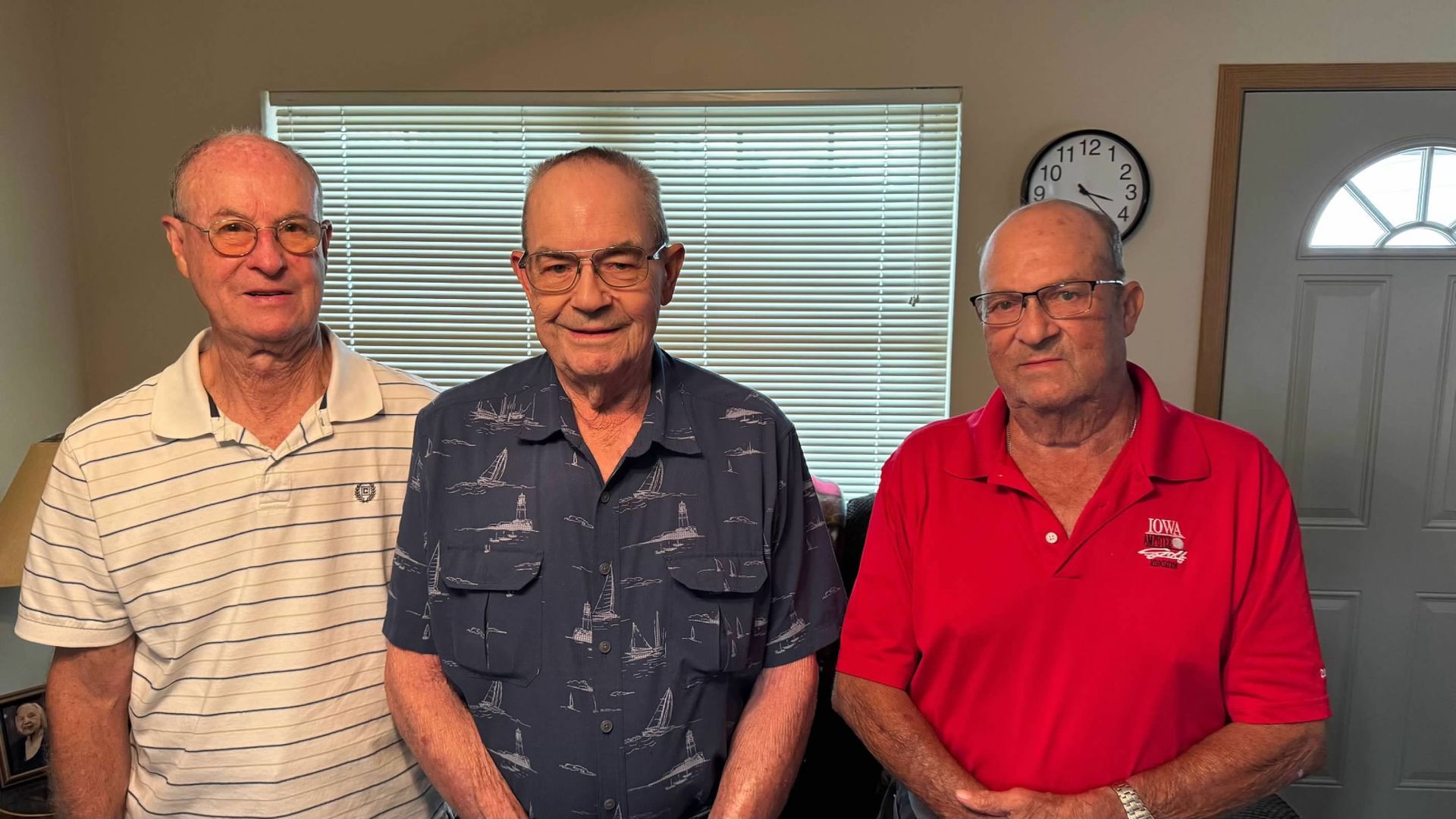Take Control of Your Thoughts
Driving to the gym the other day, I caught myself thinking about a former client who inexplicably quit returning my calls. That led me to thinking about a former employee who started a competing business, which led me to thinking about an ex-girlfriend who broke my heart more than 30 years ago. In just a couple of minutes, my mind was swirling with negative thoughts about people who have let me down.
Why?!? What good was any of that doing for me? One small, negative thought had sparked an inferno which threatened to obliterate any positivity lurking in my mind. I had a choice to make – change what I was thinking about or risk ruining my day, or at least part of it. That was obviously a pretty easy choice, but there was a time when it wouldn’t have been. I would have ceded my day to whatever thoughts crossed my mind. That was before I learned about the power of mindfulness.
At its most basic, mindfulness is simply being aware of what you are thinking about in the moment. Mindfulness becomes more advanced when it’s used as part of a mental process to evaluate those thoughts and control them for psychological benefit. It is particularly useful when your mind grabs hold of negative thoughts and refuses to let go.
In my experience, negative thoughts are insidious, opportunistic, and often more aggressive than positive thoughts. They will catch you in a moment of weakness, and quickly amplify before you are even aware of what they are doing. Whereas positive thoughts seem fleeting and easily lost, negative thoughts can be direct, intense and sometimes difficult to shake.
If left uncontrolled, negative thoughts seem to multiply and intensify, like a relentless virus. They will squash your inner peace, kill your enthusiasm and sap your energy.
That’s where mindfulness comes in. You can’t control negative thinking until you become aware of its presence in your mind, and we’re often unaware of it. We might just feel depressed or irritable, and point the finger at external circumstances, when our thoughts are really to blame. When we catch ourselves feeling that way, we should take a minute to consider what’s on our minds and if those thoughts merit the energy we’re devoting to them.
In my case, with the unresponsive client, I had already examined the possible causes of the lack of responsiveness, and had come to peace with the reality that I’ll probably never know the reason. I had also reassured myself that I had done nothing wrong, so why devote any more energy to the situation? The thoughts about the former employee and ex-girlfriend were similar; I had already given them enough of my energy, and thinking about them was going to bring me nothing but negativity.
Now aware that negative thoughts were flooding my mind, I focused on getting rid of them and replacing them with positive thoughts. I looked through my windshield at the unseasonably warm winter weather, and was purposefully grateful for the opportunity to be on my way to the gym for the exercise my body needed. I thought of the good things in my life, like my family and experiences with friends. As I did so, I felt tension that I had been unaware of leave my body. All because of mindfulness.
Consider using mindfulness the next time you feel negativity taking over your mind. Take the time to consider what you are thinking, and, if needed, change it to optimize your day. You will be glad you did.
“Watch your thoughts, they become your words; watch your words, they become your actions; watch your actions, they become your habits; watch your habits, they become your character; watch your character, it becomes your destiny.” ― Lao Tzu

